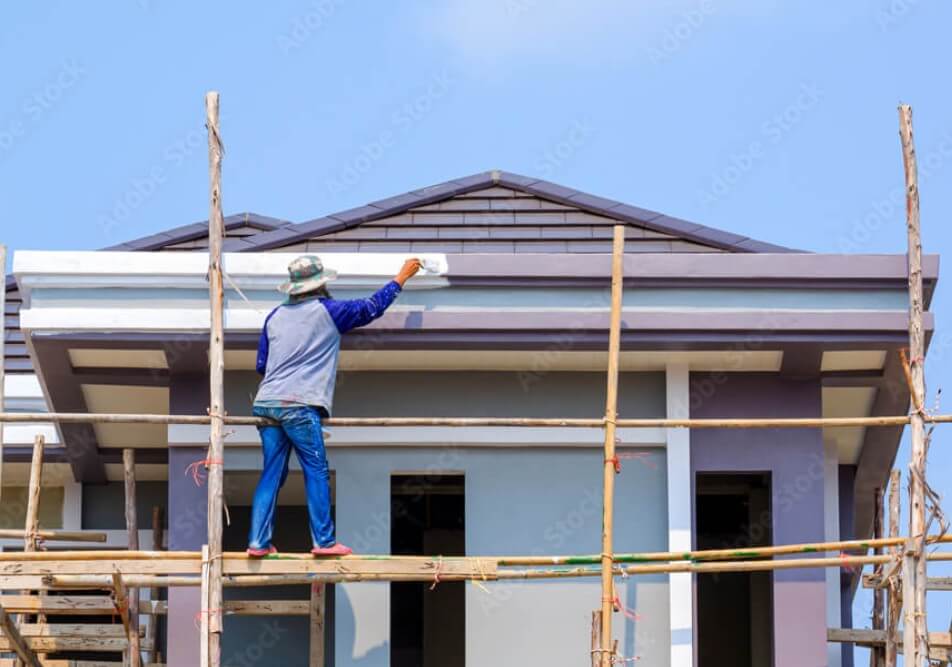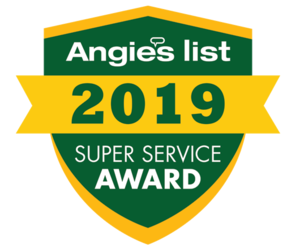SERVING NYC

OBI C. ENE | AUGUST 15, 2023 - 12:30PM

Read and Digest the 10 Rules Listed Below;

Inevitably, whether it’s a collapsed ceiling due to a leaky roof or clogged gutter or a malfunctioning HVAC unit in the middle of summer, as a long-term renter in New York City, you will find yourself in the position of requesting repairs from your landlord. Fortunately, there are laws and regulations in place that mandate building and apartment owners to address these issues upon reporting. However, immediate action is not always guaranteed.
The responsiveness of your landlord is typically influenced by various factors, such as the efficiency of your super or management company, the status of your apartment (rent-stabilized or not), and your landlord’s commitment to retaining you as a tenant.
Nevertheless, there are strategies to expedite the repair process. A written request serves as a solid starting point. In larger rental buildings, providing a tip to the super or collaborating with other residents facing similar problems can be effective. If these approaches fail, filing a complaint can trigger a violation and prompt action.
Remember, it’s essential to approach these options with a clear understanding of your rights and obligations as a renter. Each strategy should be pursued cautiously, considering the nature of the repairs, the responsiveness of your landlord, and the unique circumstances of your situation. Seeking legal advice tailored to your specific needs can provide valuable insights and help maximize the desired results.
Our Mascot of the Week





(973) 393-5677